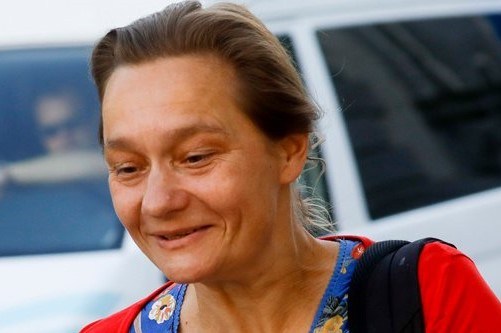Some of the leading voices in the fight against the coronavirus Covid-19 have called on the population to take matters into its own hands and reduce the number of people they come into contact with.
Yesterday, a meeting of the national security council decided not to change the existing rule by which people should limit the number of their personal contacts to 15 in a week. That was despite advice from the experts who advise the politicians. They had suggested cutting the number back to ten, where it had been in an earlier phase.
Now, according to epidemiologist Pierre Van Damme, it is the responsibility of individuals to observe the limit that politicians did not wish to impose.
“For God's sake, limit your contacts,” Van Damme said. “Stay as far away from others as possible, except for a very few. We can only turn things around in three or four weeks if we limit our contacts now. There is no other way.”
The reproduction rate for the virus at the moment is above 1, which means that every infected person passes the virus on to more than one other on average – the sign that a virus is increasing its reach.
By limiting contacts, we limit the opportunity for the virus to reach more people, with the eventual result that the spread will slow and stop.
That is what happened in the days of the lockdown, when the personal bubble was limited to those people who lived under the same roof, and contact with outsiders was strictly limited.
“Our proposal was to go down to 10,” said virologist Marc Van Ranst on VRT news.
“That would have been a very strong signal. We know that those bubbles of 15 are respected by many people, but there are also many who do not follow the rule at all.”
Speaking to VRT radio, Erika Vlieghe, who chairs the scientific advisory committee on the relaxation of the lockdown, said she regretted that expert advice on reducing the bubble was not heeded.
Under the rule of 15 currently in place, the individuals one may come in contact with can change from week to week, as long as the total for the week remains under 15. In effect, then, the total number of contacts in a longer period could be many more. The scientists would have preferred to go back to the permanent limit of ten, which would remain the same ten people week after week.
“The most important thing is that we do not fixate on a number, but above all make as few contacts as possible,” said Dr Vlieghe. “For me, the message that counts is this: the fewer people the better.”
Personal contact, not passing contact with random strangers, she said, “is the driving force behind this epidemic.”
Alan Hope
The Brussels Times

